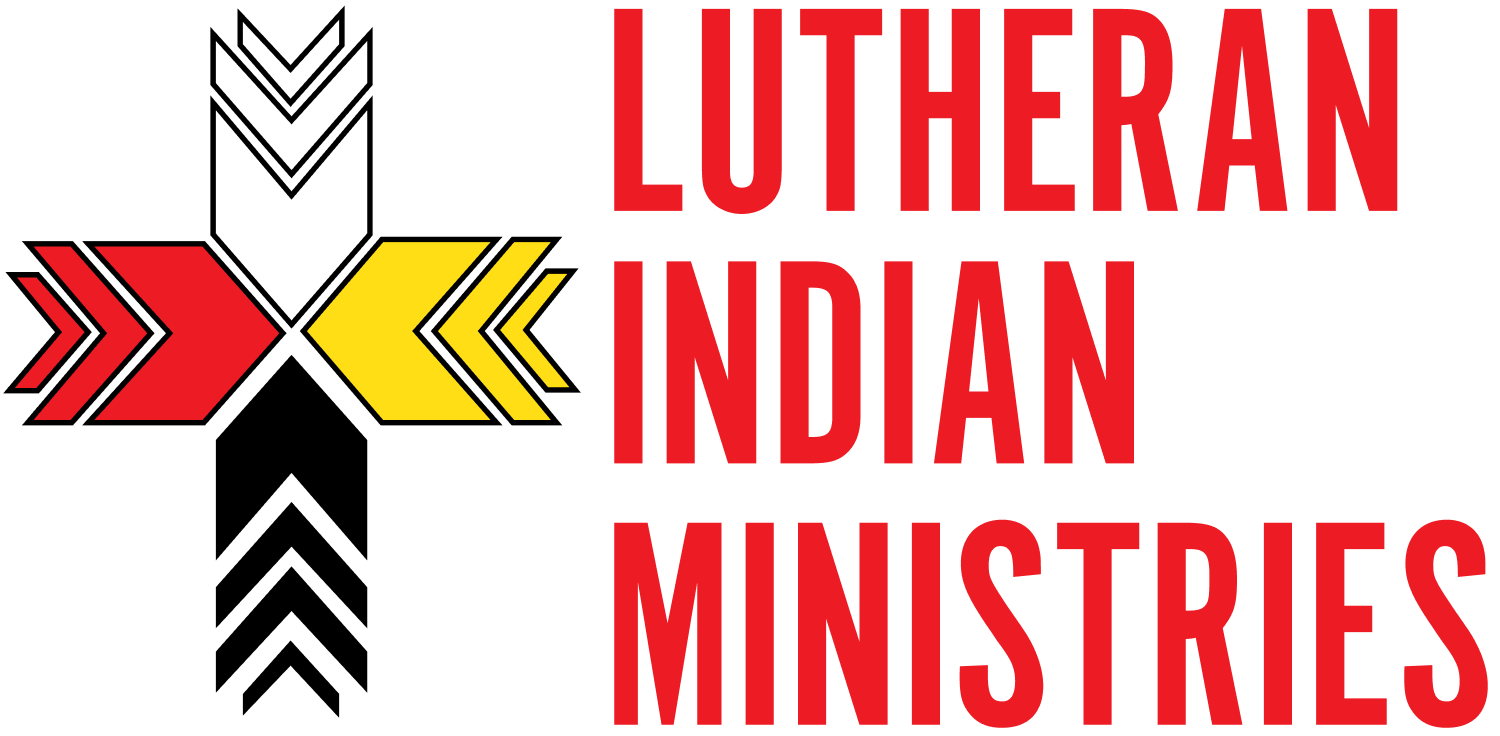Call on Me (Today's LIM)
In this strange time of quarantine and self-isolation, Lutheran Indian Ministries has continued to find new and effective ways to proclaim, disciple, and heal at a distance.
Rick and Linda (Cree) Martin in Manitoba had big plans for the spring of 2020. Conferences, teaching, even singing at Canada’s National Prayer Breakfast at the Capitol in Ottawa. But when their lockdown hit on March 15th, everything stopped. But Rick and Linda understood that while a lockdown might keep us safe from disease, it would not keep Indigenous peoples safe from addiction, abuse, and mental health issues.
In place of in-person conferences and counseling sessions, Rick and Linda are video-counseling through programs like Zoom and talking on the phone with individuals.
“We even did our first video-conference. It was different, and just like counseling from a distance, it wasn’t as good as in-person, but it was better than not doing anything,” said Linda.
“We’ve been just as busy as we were before the lockdown,” Rick explained. “But it’s a different type of busy. We have agreements with leaders in two Indigenous communities in Northern Canada, one is Linda’s home community and the other is near there. Between those two, we are committed to 15 on-call days to take calls and make scheduled video appointments. But mental health doesn’t make a schedule, and we’re not going to ignore a phone call just because it’s not the right day.”
And mental health doesn’t take a break during a quarantine. Rick and Linda told a story about another community they are closely tied to, part of the 25 very remote communities Linda grew up in. Two men committed suicide on the same day, and while Rick and Linda were assisting in the healing from that trauma, a tornado hit the village during one of the funerals.
“They are really hurting right now,” Linda said. “It’s hard not being able to go up there and help, but we’re talking to people and guiding them toward healing and Scripture. We’ve also been contacted by an organization in Ontario who wants to help rebuild.
“We have a reputation now,” Linda laughed. “People know we work closely with these communities, so we often work as a middle man between the chiefs and organizations. I love being an advocate for my community and the Indigenous people of Canada.”
